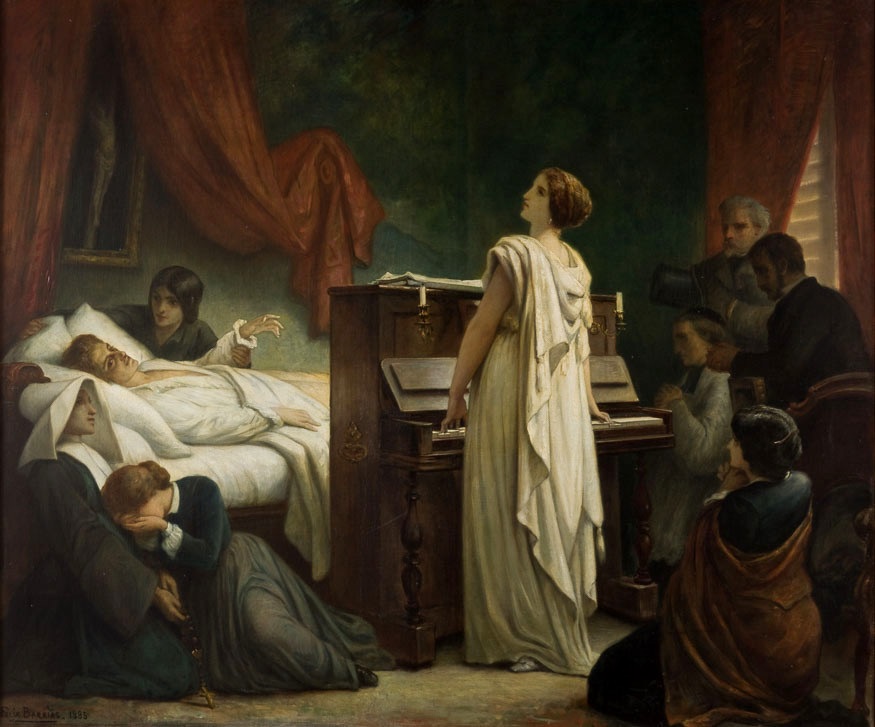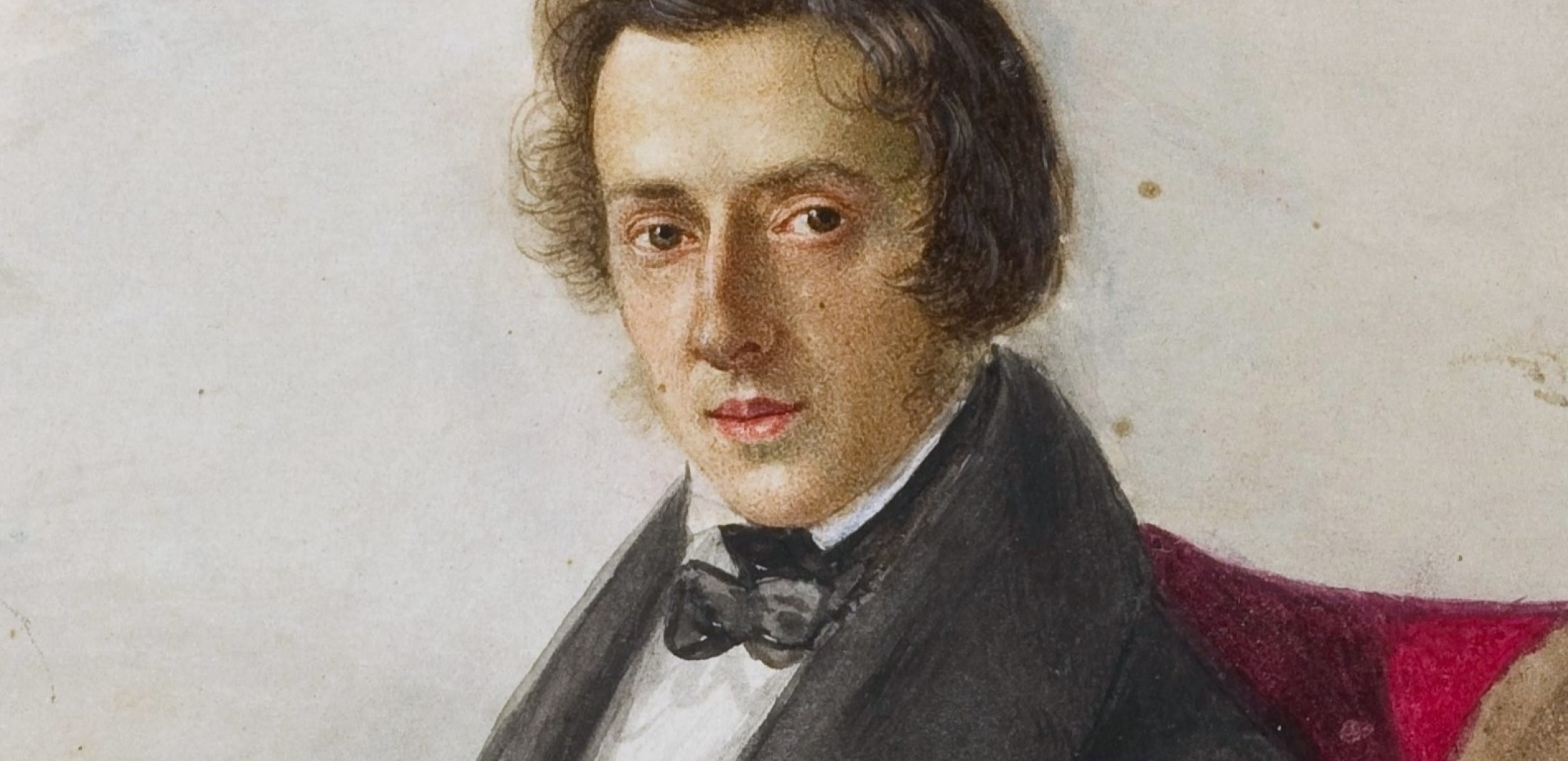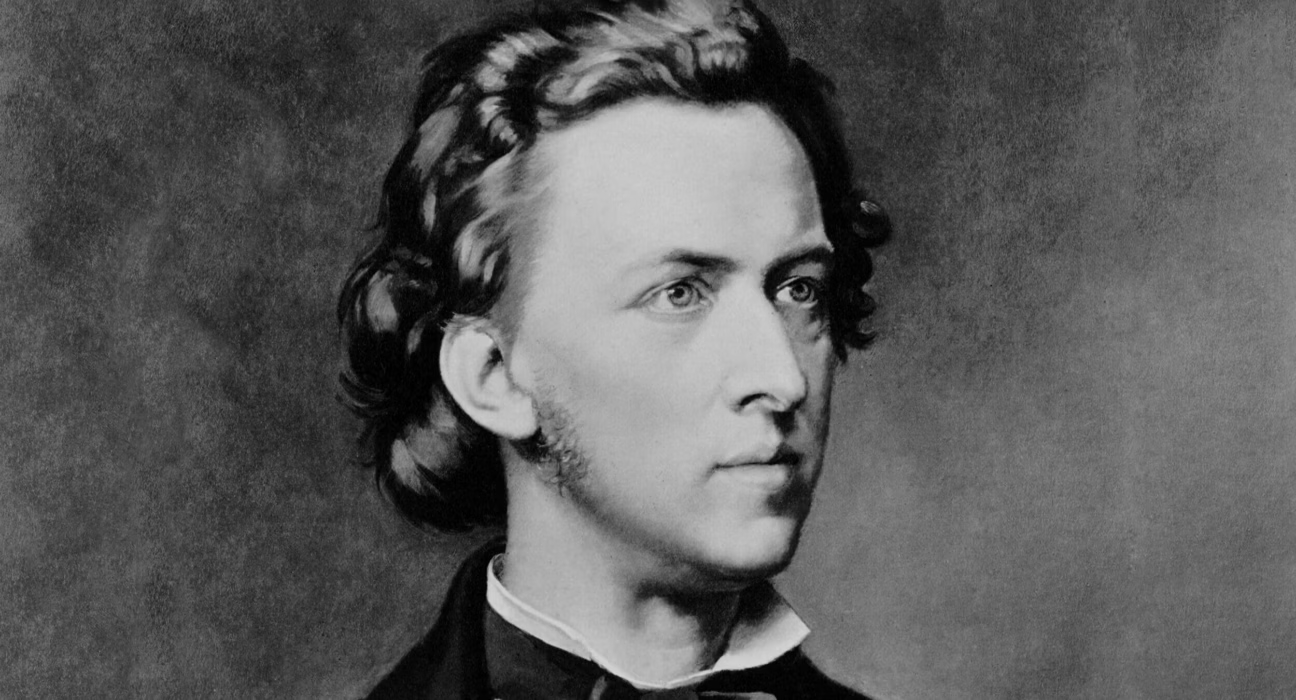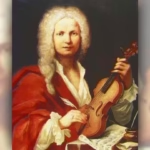Frédéric Chopin stands as a monumental figure in the world of classical music, renowned not only for his exquisite compositions but also for the emotional depth and complexity he infused into his works. Born on March 1, 1810, in Warsaw, Poland, Chopin’s life was a tapestry of rich cultural influences and personal struggles that shaped his unique style. His music transcends time, inviting listeners to embark on an emotional journey through the nuances of joy, sorrow, and longing. This article delves into the multifaceted life of Chopin, exploring the intricacies of his music, the impact of love on his creative process, and the enduring legacy he left behind.
The Life of Chopin: A Brief Yet Brilliant Journey

Chopin’s life may have been cut short at the age of 39, but the vibrancy of his musical genius continues to resonate with audiences today. His brief existence was marked by intense creativity, profound emotions, and a deep connection to his Polish roots, which remained a constant theme throughout his works. As we navigate through his biography, we will discover how Chopin’s life experiences influenced his music and the ways in which he sought to express his feelings through melody.
The Early Years: Roots and Influences
Chopin’s early years in Warsaw were filled with exposure to music that would later mold his artistic identity. From a young age, he displayed prodigious talent on the piano, captivating those around him with his intricate melodies and passionate performances.
The influence of Polish folk music played a significant role in shaping his compositional style. Chopin often incorporated elements of mazurkas and polonaises, infusing his pieces with a sense of national pride and cultural heritage. These early experiences laid the groundwork for a lifetime of artistic exploration.
Moreover, the vibrant cultural scene in Warsaw allowed Chopin to interact with various musicians and composers, each contributing to his evolving style. His formative years were characterized by a blend of Western classical traditions and the rich tapestry of Polish folklore, creating a unique musical voice that would soon captivate audiences across Europe.
Paris: A New Chapter Begins
In pursuit of broader artistic opportunities, Chopin moved to Paris in 1831—an era marked by the flourishing of Romanticism. The city’s vibrant arts community provided the perfect backdrop for his burgeoning career. In Paris, Chopin found not only success but also a circle of influential friends and fellow artists, including Franz Liszt and Hector Berlioz.
However, it was in this city that Chopin’s personal life took on new dimensions. His tumultuous relationship with George Sand, a notable literary figure, became a defining aspect of his life. Their passionate yet turbulent romance served as both a source of inspiration and emotional turmoil, profoundly influencing his composition process.
Chopin’s struggles with health, exacerbated by the pressures of fame, also colored his experiences in Paris. Despite these challenges, he managed to create some of his most acclaimed works during this period, showcasing his ability to channel personal suffering into transcendent artistry.
Themes of Nostalgia and National Identity
Throughout his life, Chopin grappled with feelings of nostalgia for his homeland. Although he spent much of his life in France, his music is imbued with longing for Poland. This deep-seated connection is evident in pieces such as his Nocturnes and Ballades, where one can sense a yearning for the past and a desire to express his national identity through sound.
Chopin’s integration of Polish folk melodies within classical forms not only made his music distinctive but also served as a form of cultural expression. By doing so, he established a bridge between his personal emotions and the broader narrative of his nation’s struggles and aspirations, embodying the spirit of Romantic nationalism.
The Musical Genius of Chopin: Emotions Encoded in Melody
When discussing Frédéric Chopin, it is impossible to overlook the extraordinary emotional quality of his music. Each note carries with it an essence of deep feeling, whether it be joy, sorrow, or yearning. His compositions are not merely technical exercises; they are heartfelt expressions of the human experience, capable of stirring profound emotions in all who hear them.
The Language of Emotion in Composition
Chopin possessed an uncanny ability to convey complex emotions through his music. Unlike many composers of his time, he often avoided grand orchestration, preferring the intimate sound of the solo piano. This choice allowed him to explore the full range of human emotions, articulating sentiments that resonate with listeners on a deeply personal level.
His use of rubato—a flexibility in tempo—enabled performers to inject their own emotions into his works, making each interpretation a unique and personal experience. This freedom invites musicians to tap into their own life experiences, evoking a shared sense of vulnerability and depth that speaks to audiences universally.
Moreover, Chopin’s innovative harmonic language set him apart from his contemporaries. He used unexpected modulations and chromaticism to create tension and release, mirroring the complexities of human emotion. Pieces like the “Prelude in E minor” exemplify how his harmonic choices evoke feelings of melancholy and introspection, leaving listeners in contemplation long after the music has ended.
The Signature Forms: Nocturnes and Etudes
Among Chopin’s vast repertoire, his Nocturnes and Etudes stand out as quintessential examples of his mastery of the piano. Each Nocturne is a delicate portrayal of the night, capturing moments of reflection, longing, and tranquility.
In contrast, his Etudes serve as virtuosic showcases of technical prowess while simultaneously conveying profound musical ideas. They challenge pianists not only to execute complex techniques but also to delve into the emotional depths of each piece. For instance, the famous “Revolutionary Etude” embodies Chopin’s fervent response to political turmoil, transforming technical brilliance into a powerful statement of defiance.
These forms reveal Chopin’s ability to marry technical innovation with emotional depth, affirming his status as a composer whose works continue to inspire generations of musicians.
The Legacy of Chopin: Inspiring Future Generations
Chopin’s influence extends far beyond his lifetime, shaping the trajectory of classical music and inspiring countless composers and pianists. His distinctive style paved the way for future Romantic composers, who drew on his emotive melodies and innovative harmonies.
Moreover, the continued popularity of Chopin’s music in concert halls worldwide attests to its timeless appeal. Aspiring pianists and seasoned professionals alike gravitate toward his works, recognizing the profound connection they establish with audiences.
Chopin’s ability to capture the essence of human emotion ensures that his music remains relevant today. It continues to speak to our collective experiences, allowing us to find solace in its beauty and inspiration in its complexities.
Love and Heartbreak: The Emotional Catalyst in Chopin’s Music

One cannot discuss Frédéric Chopin without acknowledging the profound impact of love on his life and art. His tumultuous relationship with George Sand serves as a poignant backdrop to his creative process, revealing how personal experiences shape artistic expression.
The Passionate Affair with George Sand
Chopin’s relationship with George Sand began in 1836 and quickly became a whirlwind of passion and creativity. Sand, a prominent novelist and avant-garde thinker, captivated Chopin with her intellect and spirit. Together, they formed a partnership that would significantly influence both their lives and careers.
Their love affair ignited Chopin’s creativity, giving rise to some of his most celebrated works. The emotional highs and lows of their relationship resonated in his music, allowing listeners to glimpse the complexities of love, longing, and heartbreak.
However, the relationship was not without its challenges. The couple faced societal disapproval and personal conflicts, which eventually led to a painful separation. This heartache found its way into Chopin’s compositions, imbuing his music with a deeper sense of vulnerability and introspection.
The Influence of Heartbreak on Creativity
After the dissolution of his relationship with Sand, Chopin’s music took on a more melancholic tone. Pieces such as the “Nocturne in C minor” reflect the depths of his sorrow, capturing the essence of lost love and the resulting solitude that enveloped him.
This period of heartbreak ultimately fueled Chopin’s artistic expression, allowing him to channel his pain into poignant melodies that resonate with anyone who has experienced love’s bittersweet nature. His ability to translate personal anguish into universal themes enabled his music to transcend time and speak to the hearts of future generations.
Chopin’s struggle with illness also contributed to the poignant quality of his music. Battling declining health, he often wove themes of fragility and mortality into his compositions, creating a hauntingly beautiful resonance that lingers long after the last note fades.
A Reflection on Love’s Complexity
Chopin’s exploration of love—both its ecstasies and agonies—underscores the complexity of human relationships. Through his music, he captures the emotional landscapes of longing, desire, and loss, inviting listeners to reflect on their own experiences with love.
Each composition becomes a personal dialogue, prompting introspection and allowing individuals to confront their own emotions. In this way, Chopin’s music transcends mere auditory pleasure; it invites a deeper understanding of the human condition and the universality of love’s complexities.
The Enduring Impact of Chopin: A Legacy Beyond Measure

Frédéric Chopin’s legacy is one of profound significance, marked by his unmatched contributions to the realm of classical music. His innovative spirit, emotional depth, and distinctively Polish identity resonate through time, continuing to inspire artists and audiences alike.
A Revolutionary Approach to Piano Music
Chopin revolutionized the art of piano playing, establishing new standards for expressive performance. His compositions require not only technical skill but also emotional sensitivity, pushing pianists to connect with the music in a deeply personal way.
This shift in emphasis from mere technique to emotional expression changed the landscape of piano music forever. Future composers followed in Chopin’s footsteps, seeking to emulate his emotive power and stylistic innovations. As a result, his influence can be seen in the works of subsequent generations, solidifying his position as a pioneer of Romantic music.
The Global Reach of Chopin’s Music
Today, Chopin’s music enjoys widespread popularity across the globe. His pieces are staples in concert repertoires, performed by renowned pianists in prestigious venues. The universal themes of love, longing, and introspection inherent in his compositions resonate with audiences from diverse cultures, ensuring his relevance in contemporary society.
Moreover, advancements in technology allow for greater access to Chopin’s music than ever before. Online platforms, streaming services, and instructional resources foster a new generation of musicians eager to explore his works. This accessibility ensures that Chopin’s music continues to touch the hearts of aspiring pianists and casual listeners alike.
Conclusion: The Timelessness of Chopin’s Artistry

As we reflect on the life and legacy of Frédéric Chopin, it becomes clear that his artistry transcends time, culture, and circumstance. His music embodies the intricacies of human emotion, drawing listeners into an intimate dialogue with their own experiences.
Chopin’s ability to weave personal narratives into the fabric of his compositions creates a timeless resonance, allowing his work to remain relevant in our lives today. Through his innovative approach to piano music and his exploration of love and loss, Chopin carved a unique space within the pantheon of great composers.
In a world where emotions often feel fleeting, Chopin’s melodies serve as a reminder of the depth and richness of our shared humanity. As we continue to engage with his music, we celebrate not only the man himself but the enduring legacy of his creative spirit—one that continues to inspire and uplift generations of musicians and music lovers alike.
✉️ Stay Connected — Subscribe for Weekly Updates
Discover timeless stories, practical wisdom, and beautiful culture — delivered straight to your inbox.
*We only share valuable insights — no spam, ever.






